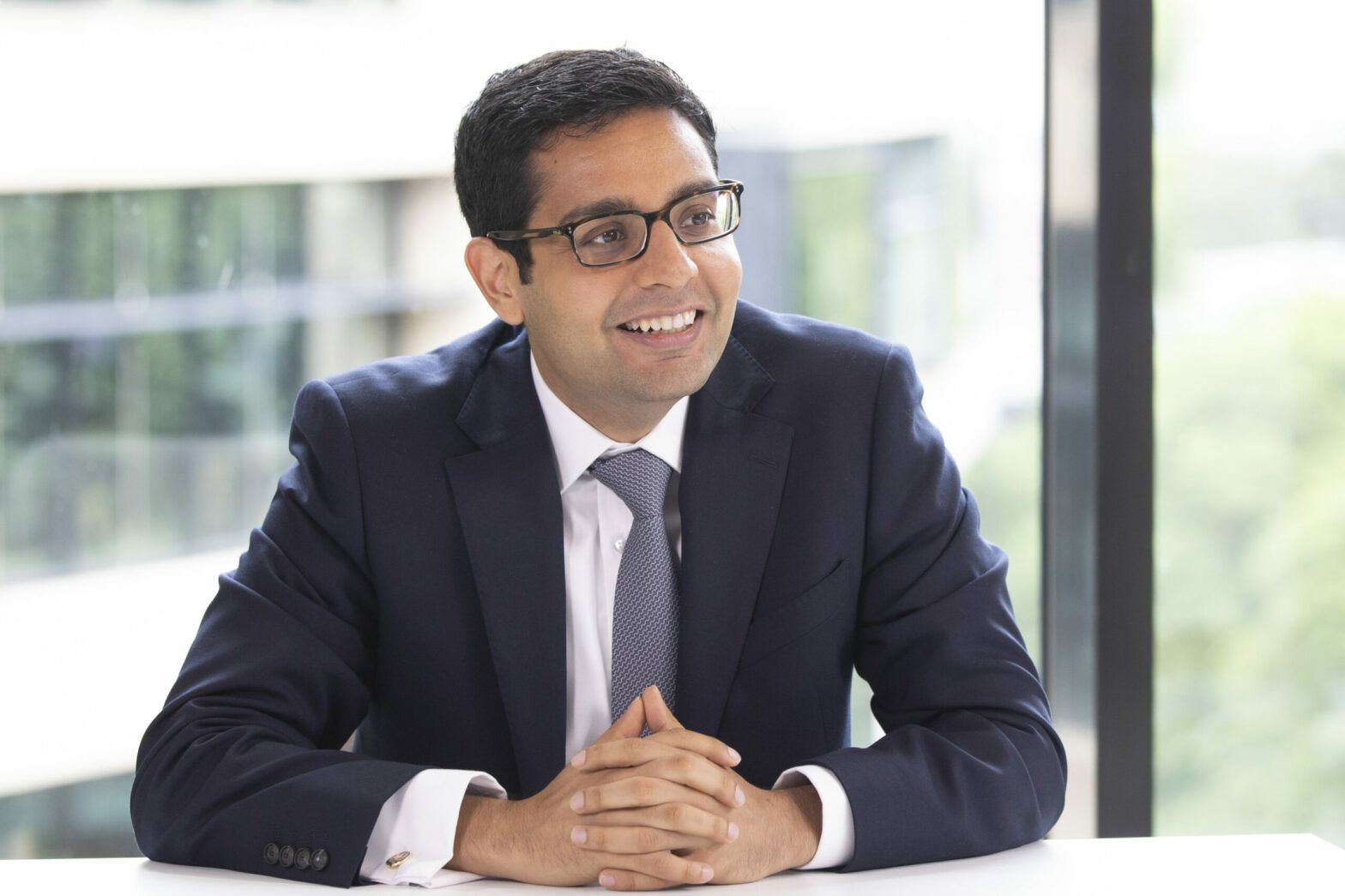Growing up in India in the early 2000s, making a phone call was a luxury. Data was unaffordable, too.
Even in 2015, it cost $3 per gigabyte in a country where the average daily wage was $3.70. But in 2016, everything changed. Data prices collapsed to 9 cents – the cheapest in the world – and domestic calls became free.
Millions clamoured to get connected and rural areas, where the poorest Indians live, saw internet access increase threefold overnight. Farmers could now call and query grain prices and families could stay in touch with the millions of migrant labourers working in the big cities.
Since then, an entire technology ecosystem has grown on the back of this shift. Most Indian start-ups point to the 2016 data revolution as a turning point for their business.
So, what happened in 2016? Mukesh Ambani, an Indian tycoon, ploughed billions from his oil company Reliance into a new data subsidiary called Jio. In three years, he amassed 400 million customers and India was yanked into the internet age.
Rarely in history has a single company had this much social impact. And yet, ESG analysts hate the stock. A leading ESG researcher, Sustainalytics, rates Reliance as ‘high risk.’ RepRisk gives it a measly CCC.
Depending on the ESG scorer you pick, a company could be excellent or evil. But how could a company that has transformed the lives of hundreds of millions of people end up in the ESG doghouse?
See also: – Can a tobacco firm really be sustainable? Yes, according to flawed ESG ratings
The reason is simple: the ‘S’ in ESG is silent. Because social change is hard to measure, it often gets ignored, and as a result, ESG analysts penalise companies that have governance and environmental concerns even if they are completely transforming society.
It is relatively easy to measure a firm’s direct carbon emissions and add those of its power providers or even its supply chain. At the end of it all, you have a neat number to present.
Governance metrics also fit on a form, with nice neat boxes for the experience or diversity of a board. Find the answer, tick the box, move on.
That is not true of social metrics. Try measuring the benefits of the technology ecosystem that has been built on Reliance’s data, or putting a number on the impact that ecosystem has had on remote education and healthcare during Covid-19. You cannot, there are no neat numbers.
See also: – Baillie Gifford’s Stuart Dunbar: The shortcomings in data approaches to ESG (part 1)
ESG analysts duck the big questions and use narrower metrics for Social such as data privacy, community relations or employee pay. Those are important issues, but they do not come close to capturing what we should be asking: Is society better off because this company exists?
This problem is particularly acute if you are investing in emerging markets. Developing world companies sometimes have laxer governance standards, or measuring emissions might be harder because supply chains are unmapped. And yet, these are the places that need the most capital for development.
ESG purists would have us ignore these companies and hoard our capital for pristine western alternatives. These may be more ‘ESG compliant’, but we would be smothering the very companies we should support to drive progress.
On top of being misguided, the current system is also inaccurate. Different ESG analysts can look at the same company and come to contradictory conclusions: An MIT study found scores from leading ESG providers have a correlation of just 0.61. The OECD says it is even lower at 0.4. For reference, credit rating agencies have correlations approaching 1.
None of this is an argument against the idea of ESG investing. Any long-term investor must care about the impact a company has on all its stakeholders, but a system that stops capital from flowing to the most transformative companies or the neediest nations is broken. We must fix it. If we fail, the poorest in the world will pay the price.








